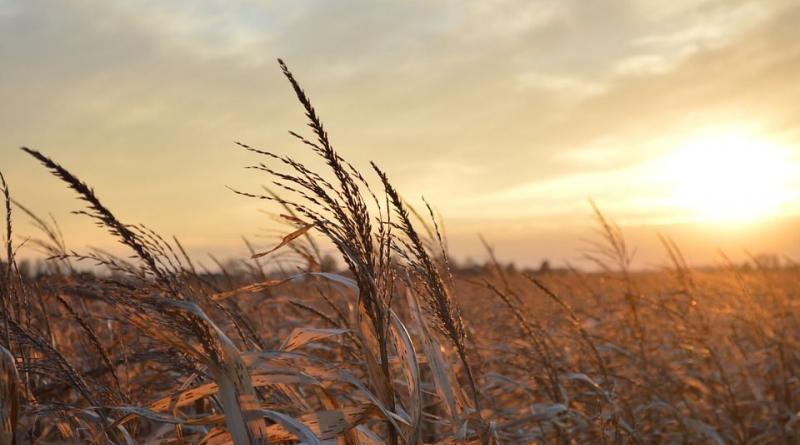Η απώλεια της βιοποικιλότητας θα πλήξει την παγκόσμια διατροφική αλυσίδα.

Severe threat to world’s food supply due to loss of biodiversity
A new study by the United Nations has found that the world’s food supply is under threat from the loss of biodiversity.
The report, commissioned by the Food Agricultural Organisation (FAO), has detailed how plant diversity in farmers’ fields are decreasing.
Out of 6,000 plant species cultivated for food, fewer than 200 contribute significantly to global food output, and only 9 account for 66 per cent of total crop production.
This follows a new study by European think tank IDDRI, who found that farms in Europe can respond to climate change whilst providing sufficient food for the population.
To do this, IDDRI suggest a transition to agroecology, a system which involves phasing out the use of chemicals in favour of promoting sustainable solutions that involve using biodiversity and utilising knowledge from local farms.
The FAO report also highlights the rising numbers of livestock breeds that are at risk of extinction. Of the 7,745 local breeds of livestock reported globally, 26 per cent are at risk of extinction.
José Graziano da Silva, FAO’s Director-General, said: “Biodiversity is critical for safeguarding global food security, underpinning healthy and nutritious diets, improving rural livelihoods, and enhancing the resilience of people and communities. We need to use biodiversity in a sustainable way, so that we can better respond to rising climate change challenges and produce food in a way that doesn’t harm our environment.”
The report calls on governments and the international community to do more to strengthen enabling frameworks, create incentives and address the core drivers of biodiversity loss.
José Graziano da Silva added: “Less biodiversity means that plants and animals are more vulnerable to pests and diseases. Compounded by our reliance on fewer and fewer species to feed ourselves, the increasing loss of biodiversity for food and agriculture puts food security and nutrition at risk.”
Read the full FAO report here.
22 February 2019
![]()

